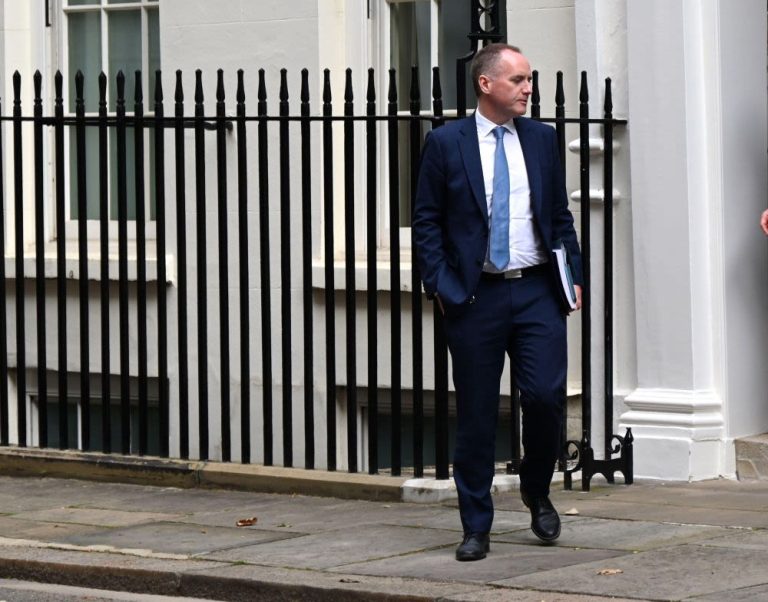
Inheritance tax shake-up threatens over 200,000 jobs by 2030
The UK Chancellor’s recent overhaul of inheritance tax relief has sparked alarm among family-owned businesses and farms. Research from CBI Economics, commissioned by Family Business UK, warns that 208,500 full-time positions could disappear within five years. With sweeping limits introduced last Autumn, the impact on employment and investment may prove profound.
Key changes to reliefs and their immediate effects
At the Autumn Budget, Chancellor Rachel Reeves capped the 100% Business Property Relief (BPR) and Agricultural Property Relief (APR) to the first £1 million of an estate’s value. Above that threshold, a 50% relief rate now applies. This shift aims to raise an estimated £1.8 billion in tax revenue over five years but carries a net fiscal cost of £1.9 billion once broader economic consequences are factored in.
Economic output loss far outweighs tax gain
- Gross Value Added (GVA) hit: £14.8 billion lost across the economy.
- Revenue vs. cost: While revenues climb by £1.8 billion, net impact rivals nearly £2 billion due to reduced business activity.
These figures underline how a policy designed to boost the Treasury may inadvertently hamper GDP growth and regional economies dependent on family enterprises.
Survey reveals drastic cuts in staffing and investment
Family Business UK’s survey highlights the human side of the numbers:
- Headcount reduction: Nearly 50% of respondents plan to cut staff, averaging a 9% workforce decline.
- Suspended investments: Half of the family firms expect to pause or cancel planned capital projects, leading to a total 16% drop in investment.
- Agriculture hardest hit: Farms foresee a 17% average decline in investment, the steepest among all sectors.
These cutbacks risk stalling innovation, automation and succession planning—key pillars for long-term competitiveness.
Political reaction: “Legalised theft” and “staggering” job losses
Shadow Business Secretary Andrew Griffith slammed the measures as a betrayal of election promises. He warned that this “death tax” would devastate more than just agricultural communities:
- “The impact on family-owned businesses is many times that on farms,” Griffith said, condemning the Treasury’s “hooky maths”.
- He described the risk to 200,000 jobs as “staggering”, accusing the government of failing to understand or support Britain’s backbone businesses.
This harsh political rhetoric underscores the high stakes: securing tax receipts versus safeguarding livelihoods.
Regional and sectoral ripple effects
Family firms are often deeply embedded in local economies:
- Rural communities: Farms employ local labour, purchase seed and equipment locally—job losses spell knock-on effects for suppliers and services.
- Manufacturing and retail: Artisan producers, distilleries and food processors facing higher death-tax bills may scale back expansion plans.
- Professional services: Accountancy, legal and estate planning practices could see fee income decline as fewer generational handovers occur.
The net result could be reduced tax bases in smaller towns, straining public services and local growth.
Options for family business owners
Faced with this new landscape, owners are exploring mitigation strategies:
- Trust structures and gifting: Accelerating intra-family gifting earlier in owners’ lifetimes.
- Reinvesting profits: Ploughing earnings into pension-style schemes and employee ownership trusts to bypass inheritance levies.
- Consolidation or sale: Merging with competitors or considering external buyers to pool relief ceilings.
Such tactics carry complexity and legal costs, further squeezing cashflow and managerial focus.
Looking ahead: the Chancellor’s upcoming spending review
With the next spending review on the horizon, think tanks like the Institute for Fiscal Studies argue for a holistic reassessment. They see this as a “natural point” to balance defence, healthcare and support for domestic industry. Yet introducing relief thresholds without broader support measures risks unintended social and economic fallout.
Questions for policymakers
- How can London reconcile revenue targets with the need to nurture small and medium enterprises?
- Will further adjustments be introduced to soften the blow on generational businesses?
- What regional support will offset the concentration of job losses in rural areas?
As April 2030 approaches, family businesses, MPs and economic analysts will watch closely to see whether tax receipts come at the expense of long-term prosperity—or if the Treasury revises course to protect Britain’s entrepreneurial heritage.





